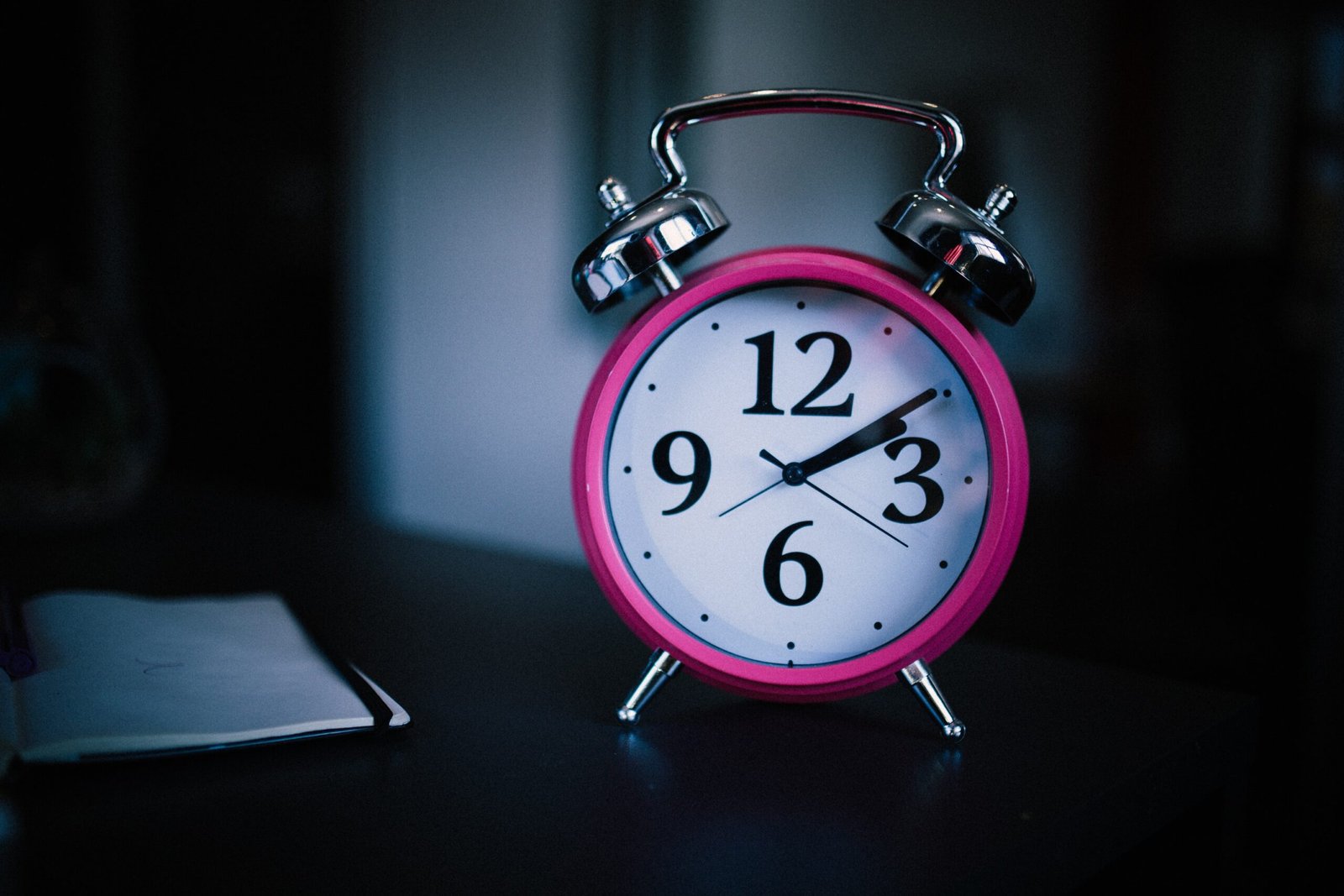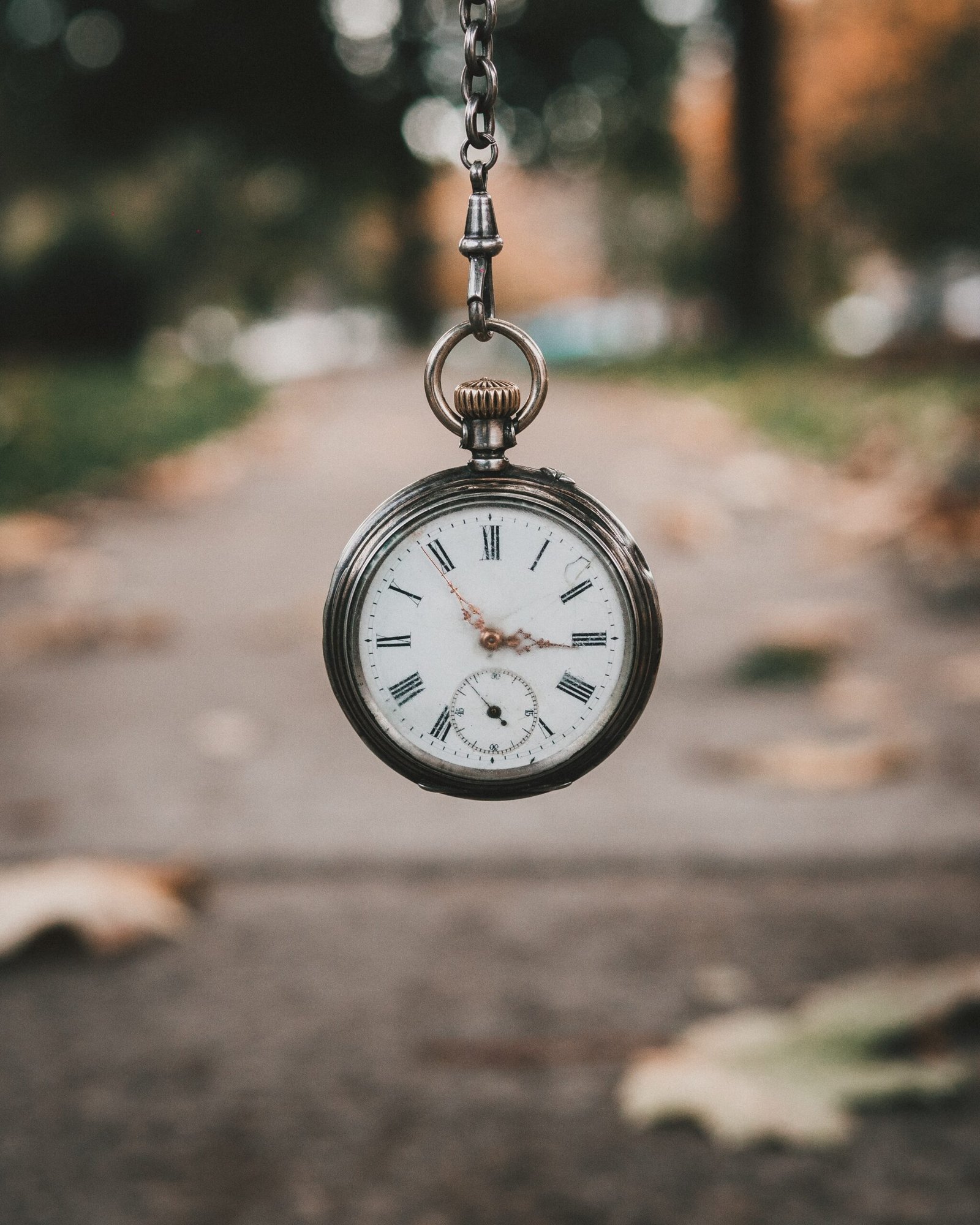Are you looking to enhance your personal development journey but unsure of where to start? Developing a daily routine can be the key to unlocking your full potential. In this article, we will explore the importance of establishing a structured daily routine and provide practical tips on how to create one that suits your needs. By incorporating intentional habits into your daily life, you can cultivate personal growth and achieve your goals more effectively. So, let's dive into the world of daily routines and discover how they can revolutionize your personal development journey.

Setting Goals and Priorities
Identifying your goals
Setting specific goals is crucial for personal development. Start by reflecting on what you want to achieve in various areas of your life, such as career, relationships, health, and hobbies. Ask yourself what truly matters to you and what will bring you fulfillment. Write down your goals to give them clarity and make them more tangible.
Setting achievable targets
Once you have identified your goals, break them down into smaller, achievable targets. This will help you stay motivated and focused on making progress. Set realistic timelines for each target, keeping in mind your current commitments and responsibilities. By setting achievable targets, you will build momentum and confidence in your ability to achieve your larger goals.
Prioritizing tasks
With a clear understanding of your goals and targets, it is important to prioritize tasks effectively. Determine which tasks are most important and have the greatest impact on your goals. Consider using a task management system or a to-do list to organize your tasks based on their importance and urgency. By prioritizing tasks, you can ensure that you allocate your time and energy to the activities that will bring you the most value.
Creating a Morning Routine
Waking up early
Waking up early allows you to start your day with a sense of calm and purpose. Set an alarm to ensure you have enough time to engage in activities that promote personal growth and well-being. By waking up early, you can take advantage of the quiet hours of the morning to focus on yourself before the demands of the day begin.
Engaging in mindfulness practices
Incorporating mindfulness practices into your morning routine can help you cultivate a sense of inner peace and presence. Consider starting your day with a short meditation or mindfulness exercise to center yourself and set a positive tone for the day ahead. Practice deep breathing, gratitude, or affirmations to cultivate a positive mindset.
Exercise for body and mind
Physical exercise is not only beneficial for your physical health but also your mental well-being. Make time for exercise in your morning routine, whether it's a workout at the gym, a yoga session, or a brisk walk. Engaging in regular exercise can boost your mood, increase your energy levels, and improve your concentration throughout the day.
Designing an Evening Routine
Reflecting on the day
Take time in the evening to reflect on your day and evaluate your progress towards your goals. Consider what went well and what challenges you encountered. Reflecting on your achievements and areas for improvement can help you learn and grow. Use a journal or a reflection exercise to capture your thoughts and insights.
Planning for the next day
Before ending your evening, take a few moments to plan for the next day. Review your goals and targets, and determine which tasks and activities you need to prioritize. Create a to-do list or schedule for the next day to help you stay organized and focused. By planning ahead, you can start each day with intention and clarity.
Engaging in relaxation techniques
In the evening, it's important to wind down and relax. Engage in activities that help you de-stress and promote restful sleep. This can include reading a book, practicing deep breathing exercises, taking a warm bath, or engaging in a hobby you enjoy. Find what works best for you and incorporate it into your evening routine to create a soothing environment.
Incorporating Learning and Growth
Reading books or articles
Reading is a powerful tool for personal development. Make it a habit to read books or articles that align with your interests and goals. Whether it's self-help books, motivational literature, or educational articles, reading can expand your knowledge and perspectives. Dedicate a specific time each day to immerse yourself in the written word.
Taking online courses or workshops
Continuous learning is essential for personal growth. Explore online courses or workshops that cover topics you are passionate about. Whether it's professional development, acquiring new skills, or pursuing a hobby, online platforms offer a wealth of educational resources. Dedicate time each week or month to engage in structured learning experiences.
Engaging in reflective writing
Writing can be a powerful tool for self-reflection and personal growth. Allocate time each day or week for reflective writing, such as journaling or free writing. Write about your experiences, observations, and thoughts. Reflective writing can help you gain clarity, process emotions, and uncover insights that contribute to your personal development journey.

Maintaining Health and Well-Being
Following a balanced diet
Nutrition plays a significant role in overall health and well-being. Make a conscious effort to follow a balanced diet that is rich in fruits, vegetables, whole grains, and lean proteins. Limit processed foods and sugary drinks. Prioritize hydration and consume an adequate amount of water each day. Good nutrition fuels your body and mind, enabling you to perform at your best.
Staying hydrated
Drinking enough water throughout the day is essential for maintaining optimal health. Aim to drink at least eight cups (64 ounces) of water each day. Proper hydration supports digestion, regulates body temperature, flushes out toxins, and keeps your energy levels up. Keep a water bottle with you as a reminder to stay hydrated.
Getting regular exercise
Regular exercise is vital for physical and mental well-being. Find activities you enjoy, such as jogging, cycling, swimming, or dancing, and incorporate them into your routine. Aim for at least 150 minutes of moderate-intensity aerobic exercise or 75 minutes of vigorous-intensity aerobic exercise per week. Regular exercise boosts your mood, strengthens your body, and enhances your overall quality of life.
Practicing Mindfulness and Meditation
Integrating short meditation sessions
Meditation is a practice that cultivates mindfulness and promotes inner peace. Set aside a designated time each day for a short meditation session. Start with just a few minutes and gradually increase the duration as you become more comfortable. Focus on your breath, observe your thoughts without judgment, and cultivate a sense of presence and awareness.
Staying present in daily activities
Mindfulness is not limited to meditation; it can be integrated into your daily activities. Practice being fully present and engaged in whatever you are doing. Whether it's having a conversation, eating a meal, or walking in nature, bring your attention to the present moment. By staying present, you can enhance your focus, reduce stress, and deepen your connections with others.
Cultivating gratitude and mindfulness
Gratitude is a powerful practice that can shift your perspective and enhance your overall well-being. Take time each day to cultivate gratitude by reflecting on what you are grateful for. This can be done through journaling, affirmations, or simply expressing gratitude internally. By focusing on the positive aspects of your life, you invite more mindfulness and joy into your daily routine.

Building Healthy Relationships
Allocating time for loved ones
Nurturing meaningful relationships is an important aspect of personal development. Make a conscious effort to allocate time for your loved ones. Schedule regular quality time with family, friends, or significant others. This can include shared meals, outings, or engaging in activities together. Building and maintaining healthy relationships contributes to your overall happiness and well-being.
Engaging in active listening
Active listening is a skill that cultivates deep connections and understanding in your relationships. Practice active listening by fully focusing on the speaker, maintaining eye contact, and providing empathy and validation. Ask questions to show your genuine interest and ensure you comprehend what the speaker is saying. By practicing active listening, you demonstrate respect and foster stronger connections with others.
Developing empathy and understanding
Empathy is the ability to understand and share the feelings of others. Cultivating empathy involves putting yourself in someone else's shoes and striving to understand their perspective. Practice empathy by actively listening, acknowledging emotions, and offering support. Developing empathy and understanding enhances your relationships, promotes positive communication, and contributes to personal growth.
Managing Time Effectively
Creating a schedule or timetable
Managing your time effectively is crucial for personal development. Create a schedule or timetable that outlines your daily and weekly activities. Allocate specific time slots for work, personal commitments, self-care, and leisure. Be realistic with your time estimates and ensure you have enough flexibility to adapt to unexpected changes. A well-planned schedule helps you stay organized and make the most of your time.
Using time management techniques
There are various time management techniques that can help you stay focused and productive. Consider using techniques such as the Pomodoro Technique (working in focused blocks of time), the Eisenhower Matrix (prioritizing tasks based on importance and urgency), or time blocking (dedicating specific time slots for different activities). Experiment with different techniques to find what works best for you.
Avoiding multitasking
Multitasking might seem like an effective way to get more done, but it often leads to decreased productivity and increased stress. Instead, focus on one task at a time and give it your full attention. By avoiding multitasking, you can perform tasks more efficiently and produce higher-quality results. Remember to prioritize and allocate dedicated time for each task in your schedule.
Overcoming Procrastination
Identifying causes of procrastination
Procrastination can hinder personal development and hinder progress towards your goals. Identify the root causes of your procrastination. It could be due to fear of failure, lack of motivation, or feeling overwhelmed. By understanding the underlying causes, you can develop strategies to overcome procrastination and increase your productivity.
Breaking tasks into smaller steps
Large tasks can be overwhelming and contribute to procrastination. Break down big tasks into smaller, manageable steps. This makes them feel more achievable, reduces overwhelm, and provides a clear roadmap to completion. Set specific deadlines for each step to maintain accountability and measure progress.
Rewarding yourself for completing tasks
Rewarding yourself for completing tasks can help motivate you and reinforce positive habits. Set up a system of rewards for yourself after completing important tasks or reaching specific milestones. Rewards can be as simple as taking a break to do something you enjoy, treating yourself to a small indulgence, or spending time on a hobby. Celebrating your accomplishments enhances motivation and encourages continued progress.
Conclusion
Embracing personal growth through the development of a daily routine is a powerful way to improve various areas of your life. By setting clear goals, prioritizing tasks, and incorporating activities that promote learning, well-being, and mindfulness, you can cultivate a fulfilling and purposeful life. Remember to embrace consistency and enjoy the journey towards self-improvement, knowing that every small step contributes to your overall progress.